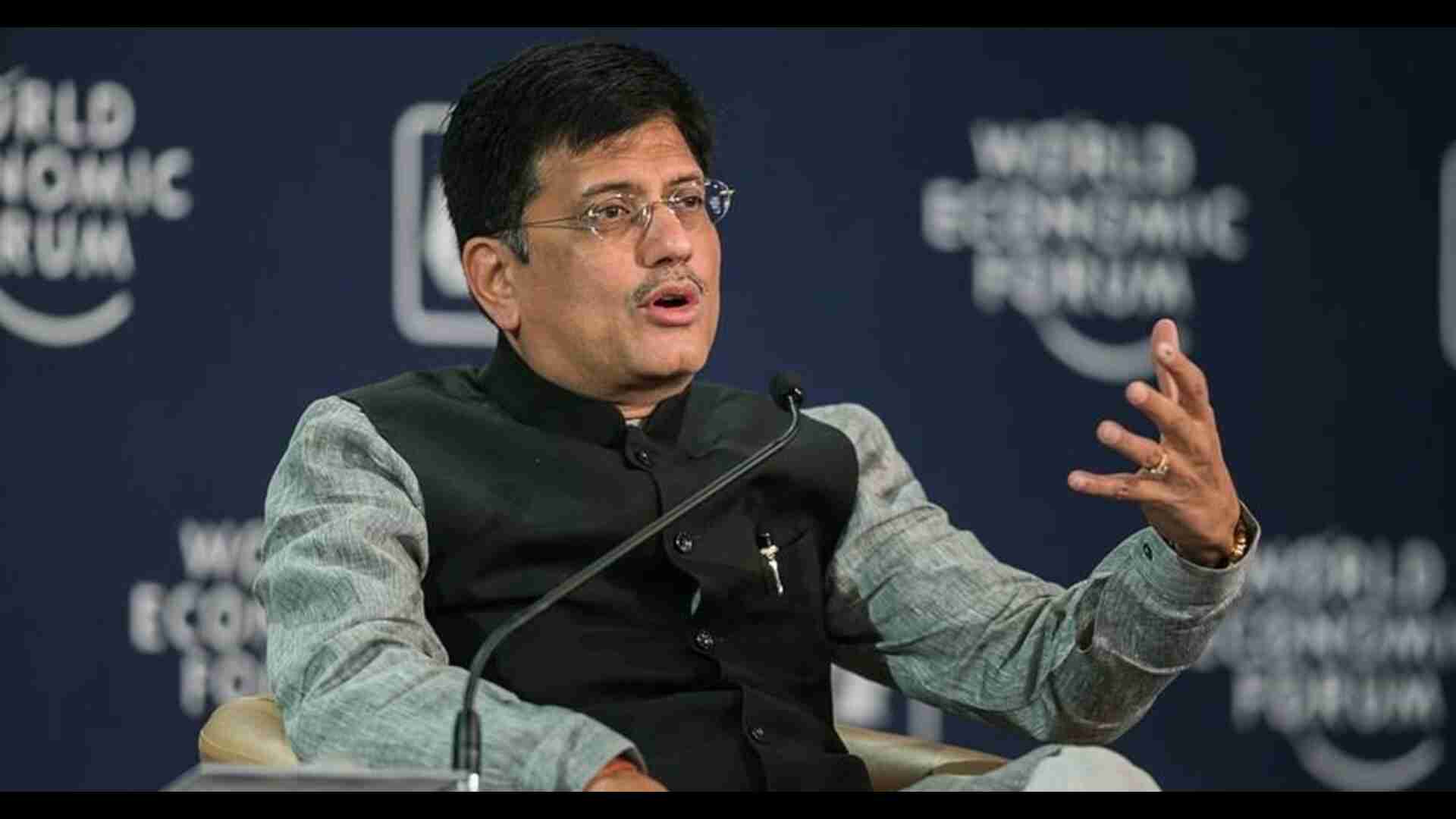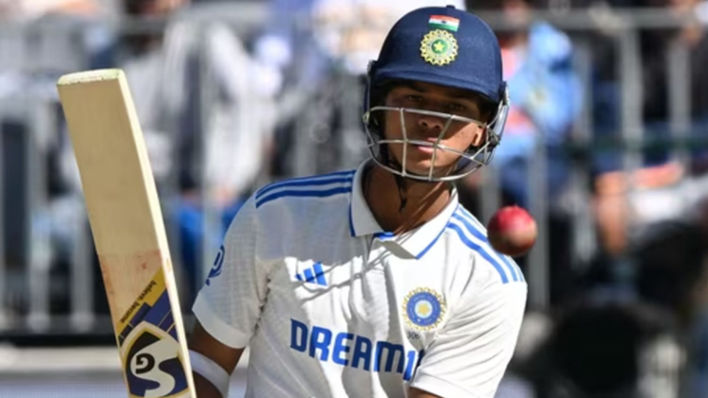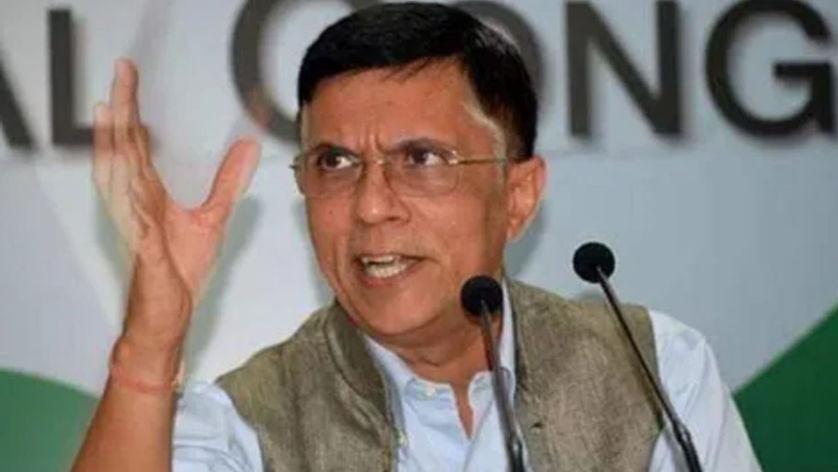With Diwali round the corner and a massive surge in Covid-19 cases in the national capital, government authorities are a worried lot today. To add to their concern is the deteriorating air pollution in the city which, many health experts warn, will further raise the risk posed by the virus.
In the last 24 hours, Delhi recorded 7,053 fresh Covid-19 cases on Thursday, a day after its daily Covid-19 tally breached the record 8,000-mark. The city also recorded 107 deaths due to Covid-19—the highest ever since the pandemic broke out, pushing the total death toll to 7,332. This is the first time that the toll breached 100-mark.
With rising Covid numbers, ICU facilities in the city are in such short supply that some hospitals are squeezing more beds into existing wards ahead of the weekend. “We are firefighting because Diwali is looking like a super spreader event in front of us and the public just doesn’t see the threat,” Reuters quoted a senior health department official in Delhi as saying.
The city’s bazaars have been buzzing with people ahead of Diwali and the wedding season after the government relaxed regulations in a bid to breathe life into the lockdown-hit economy. Mask-wearing is common but social distancing is not, and infections may spike in coming days, Reuters said.
The Centre has asked the AAP government to prepare resources to handle as many as 15,000 cases a day and test more aggressively.
As per a Reuters report, over half of the city’s 16,511 Covid hospital beds were occupied as of Wednesday, government data showed, with more than 24,000 other patients isolating at home. There is no separate data for ICU beds.
The Delhi government said hundreds of more beds have been reserved for Covid-19 patients in nearly two dozen private and government hospitals. More than 100 ICU beds are also being added in government setups.
“Most of the cases are coming from working class people, those aged between 20 and 50, those who are very active,” Delhi Health Minister Satyendar Jain told ANI, indicating these victims may not need critical care.
All ICU beds at Sir Ganga Ram Hospital, one of the top private hospitals in the city, are now occupied, said Dhiren Gupta, a senior pulmonologist. In government-run Ram Manohar Lohia Hospital, doctors have packed beds into ICU wards to the closest permissible limit. “We have increased the number of beds but there are limitations of distancing and ventilation,” said Desh Deepak, a senior pulmonologist told Reuters. “We’re operating at almost full capacity in ICUs.”















